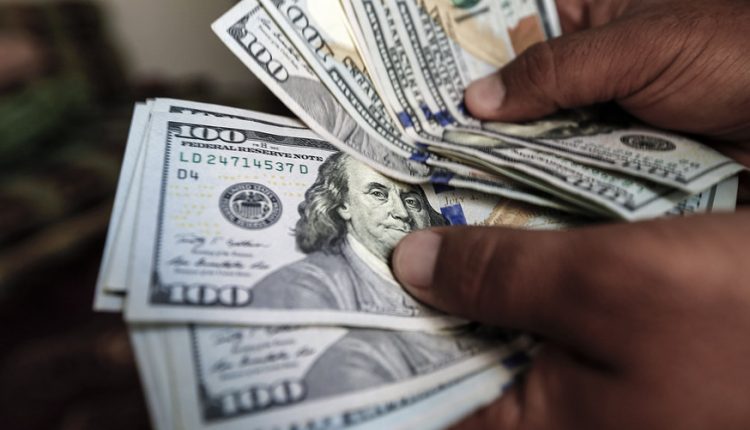Ethiopia Won't Hasten to Implement a Flexible Exchange-Rate System
To resolve macroeconomic imbalances, the government has given the export industry a lot of attention, and exchange rate adjustment is one of these measures.

Last month, the International Monetary Fund (IMF) authorized a 2.9 billion US dollar program for Ethiopia.The initiative aims to promote the nation's own domestic economic reform agenda.Macroeconomic imbalances will be eliminated as a result of the economic reform, which will also provide the groundwork for equitable and sustainable growth.
The $2.9 billion scheme, in accordance with the IMF, would ease Ethiopia's transition to a flexible exchange-rate regime.
Dr. Eyob Tekalign, State Minister of Finance, was questioned by us about the government's opinion of the currency rate.He claims that the nation won't hurry to adopt a flexible exchange rate.The sudden devaluation of the nation's currency (the birr) is "unthinkable" in the context of a flexible exchange-rate system, he stated.According to him, the government has given the export industry a lot of attention in an effort to correct macroeconomic imbalances, which includes changing exchange rates.According to Dr. Eyob, Ethiopia would adopt a flexible exchange-rate system for the three years it will take to accomplish its own economic reform plan.According to the State Minister, it won't be accomplished by depreciating the birr but rather when supply and demand mismatches are resolved.In order to boost exports and encourage exporters, Ethiopia depreciated its currency by 15% in 2017 and 20% in 2010 respectively.Both devaluations, however, led to inflation since they were implemented in the absence of export product quality and volume competition.